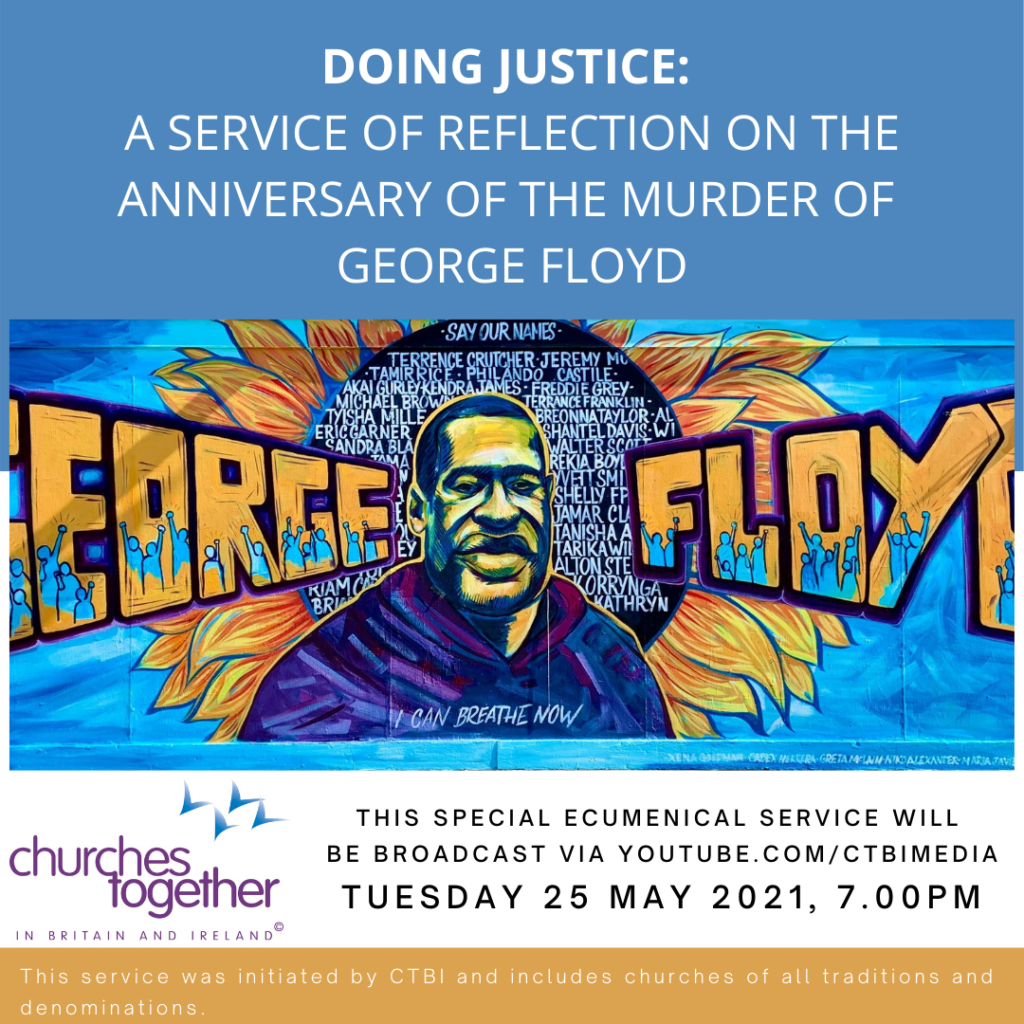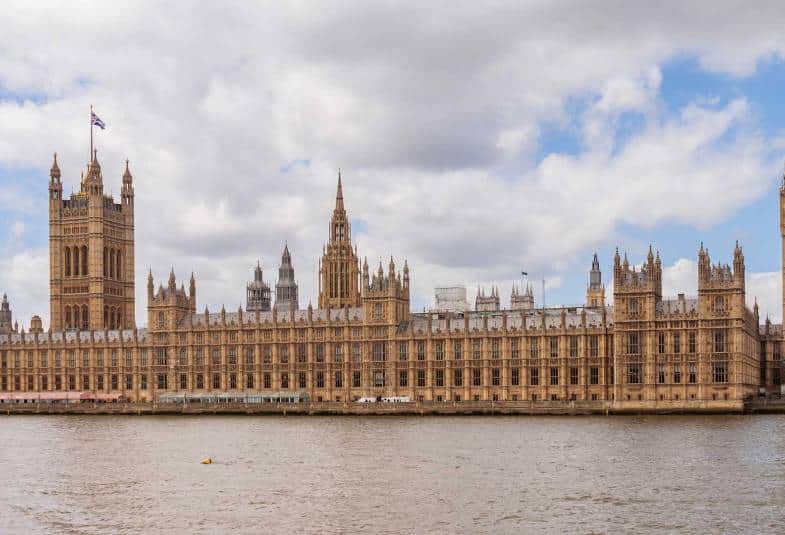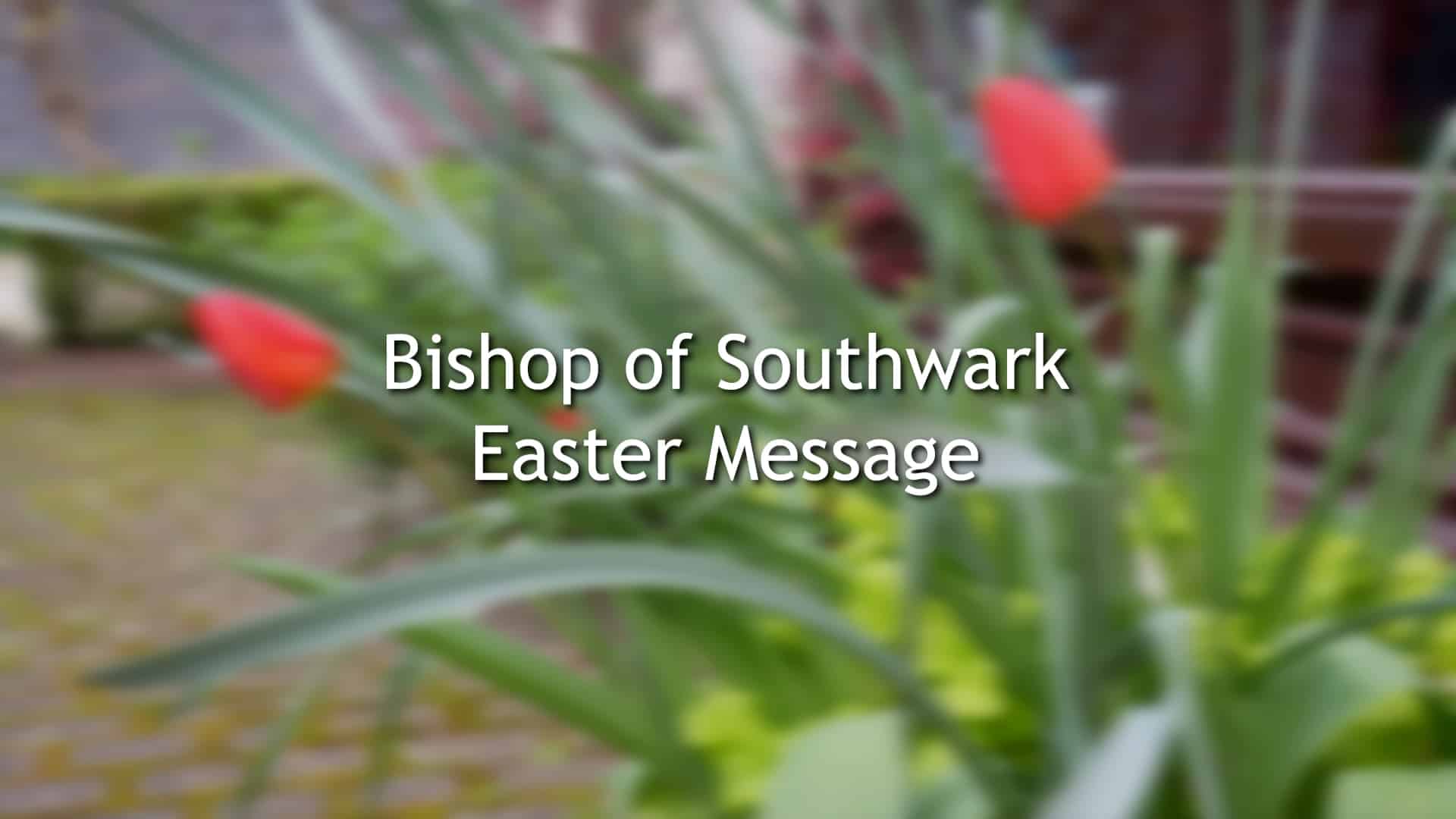As we approach the first anniversary of the murder of George Floyd, I must confess that it has been a tumultuous year. That killing led to the reemergence of the Black Lives Matter (BLM) movement, which, among other issues, has enabled church and society to talk about a subject (racial justice) that has been left off the agenda for far too many years.
The murder of George Floyd was a racial justice issue because of who he was – an African American – and there is no shortage of evidence revealing the entrenched and perennial inequality facing Black people in all spheres of US life. The reasons why it resonated with many on this side of the Atlantic was due to the fact that the US situation clearly mirrored what has been taking place over here. That was why we witnessed a plethora of protests, campaigns and marches, as well as myriad conversations about British history, culture and identity.
In all truth, I cannot think of a time when there was so much interest in racial justice from a church perspective. Last year marked the 25th anniversary of Racial Justice Sunday in Britain and Ireland and for at least 24 of those years, the church was ambivalent at best, and hostile at worst, to these issues. In fact, in terms of racial justice, I invariably use the abbreviation ‘BGF’ and ‘AGF’ – BGF means ‘Before George Floyd’ and AGF means ‘After George Floyd’. In terms of my work, the BGF saw me invited to speak at the occasional event on racial justice where I was often regarded as a purveyor of unpalatable or uncomfortable truths. When I spoke, some people in the audience would invariably roll their eyes, while others would shake their heads. I even heard one person say, “these people [me] are always talking about racism, trying to guilt-trip everyone [White people]”.
Conversely, the AGF has seen my diary filled to the point where it is chockablock – right through to the end of the year. I do not mind this scenario because I enjoy talking about my work. However, what is better than talk, is seeing words become actions; actions that result in substantive and meaningful change. We often talk about the church recovering its ‘prophetic voice’ and regaining, or in many instances, simply being able to have the courage to ‘speak truth to power’. Much like the climate emergency, racial justice is now part of the zeitgeist. It is, to quote Victor Hugo, an “idea whose time has come”. Many centuries before Hugo came up with that saying, the writer of the Old Testament Book of Esther (4:14) said: ‘And who knows but that you have come to your royal position for such a time as this?’ As a Christian, I think that God is encouraging the church to remain true to Christ’s teachings, which are to show the requisite courage and determination to step out in faith on the journey to become more equitable and inclusive in terms of racial justice.

On Thursday 25 May at 7pm Churches Together in Britain and Ireland (CTBI) will host the George Floyd anniversary service in Brixton, south London. It will be broadcast via the CTBI YouTube channel: https://www.youtube.com/ctbimedia. This service is for all those who are interested in justice – both church and non-church. We want church leaders, especially those who called George Floyd’s murder a ‘Kairos moment’, to really stand up for justice and stand against racist intolerance, because racial justice is everyone’s business, and also unfinished business. The service will also make it clear that sadly, Black people in Britain have died in police custody and have experienced other forms of brutality. Finally, the service will show that the journey toward racial justice will not take a moment but be a result of a movement. It is my hope that it will be a further catalyst for change. Change never comes easy, it invariably involves hard work. However, to quote my mother, ‘Often the hardest thing to do, is the right thing to do!’






